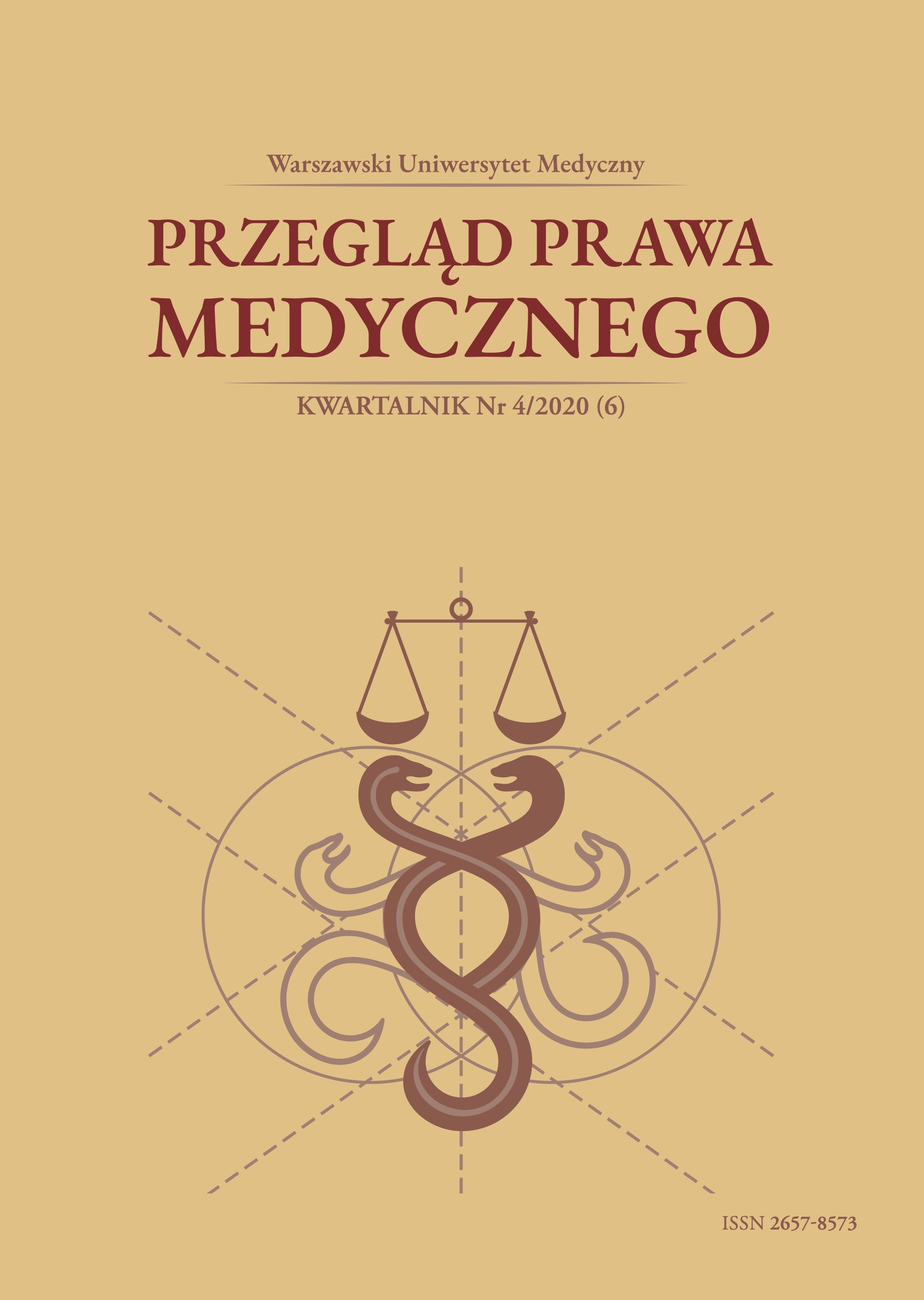Abstract
The gloss analyzes the arguments of the Supreme Court regarding the claim for reimbursement under Art. 444 § 1 sentence 1 of the Civil Code "costs" of care provided free of charge by a relative. The author argues with the position of the Supreme Court and opposes this form of objectification. It adopts the effective concept of harm, according to which it is not the infringement itself that is harm, but only its effects on the victim's property. He also believes that in the case of unpaid care, there is no harm to be remedied, either on the side of the directly injured person or on the side of the guardian. The future nature of the disability pension due to increased needs, due under Art. 444 § 2 of the Civil Code, allows it to cover only the forecasted detriment. This is not the case for a claim for reimbursement that is only related to the past. If the claim for reimbursement under Art. 444 § 1 sentence 1 of the Civil Code covered future damages, then the second sentence in this provision would be superfluous. As an alternative to the criticized position of the Supreme Court, the author proposes a claim for unjust enrichment, which, however, serves the caregiver and not the direct victim.
References
M. Kaliński, Szkoda na osobie i jej naprawienie, Warszawa 2021
P. Księżak, Bezpodstawne wzbogacenie. Art. 405 – 414 KC, Warszawa 2007
E. Łętowska, Bezpodstawne wzbogacenie, Warszawa 2000
A. Szpunar, Odszkodowanie za szkodę majątkową. Szkoda na mieniu i osobie, Bydgoszcz 1998
A. Szpunar, Ustalenie odszkodowania w prawie cywilnym, Warszawa 1975

This work is licensed under a Creative Commons Attribution 4.0 International License.
Copyright (c) 2021 Maciej Kaliński

